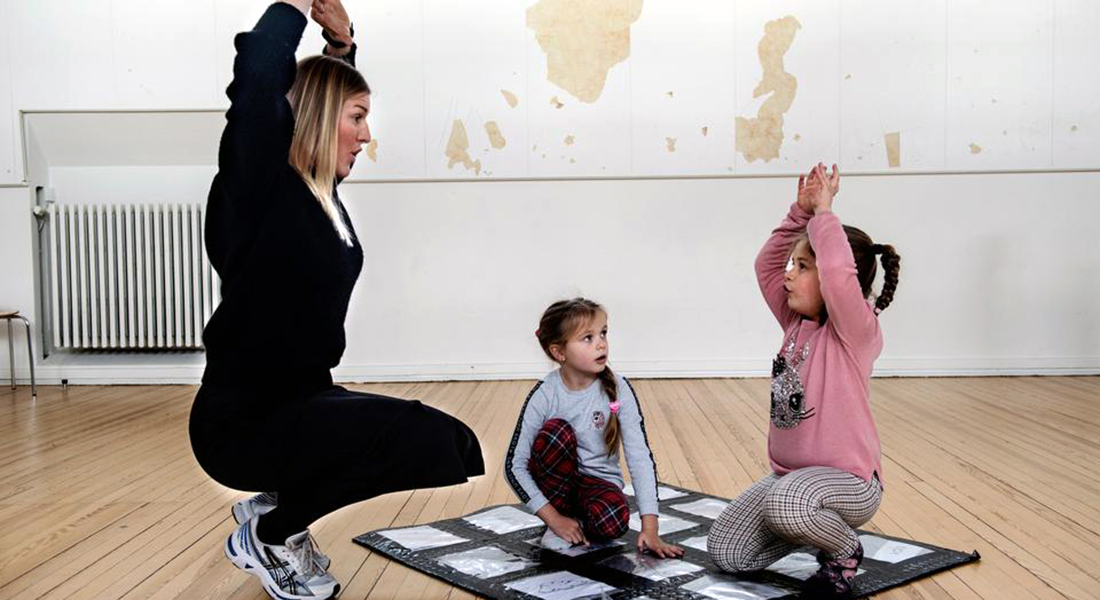PhD defence: Effects of Embodied Learning on Children’s Literacy Skills

Linn Damsgaard
PhD thesis
Learning to read is an important competence to function in modern society. Nevertheless, roughly 15 % of Danish school children have poor reading abilities and it raises concerns. How to enhance children’s reading skills is therefore an important question.
Movement in close connection with the learning content, embodied learning, has previously been seen to be an effective tool to improve academic performance within mathematics and second language. However, it is still unknown whether embodied learning is an effective tool to improve literacy skills for children’s first language.
Therefore and to this aim, this thesis aimed to investigate the effects of meaningful movements in close connection to the learning content on pre-reading skills, word reading, and spelling performance in children through three different school projects.
The present results of the thesis provide us with a basic understanding of how embodied learning may have a positive effect on children’s literacy performance. Furthermore, it also provides evidence and understanding of which forms of movement are beneficial for improving pre-reading skills and spelling performance.
2023, 153 pages.
Date
23 February 2023, 13:00
Place
Festauditoriet 1-01, Bülowsvej 17. 1870 Frederiksberg C and Online.
Opponents
Associate Professor Helle Winther (chair), Department of Nutrition, Exercise and Sports, University of Copenhagen, Denmark.
Professor Hermundur Sigmundsson, Norwegian University of Science and Technology, Norway.
Senior Researcher Amika Singh, The Mulier Institute, Netherlands.
Supervisor
Associate professor Jacob Wienecke, Department of Nutrition, Exercise and Sports, University of Copenhagen, Denmark.
